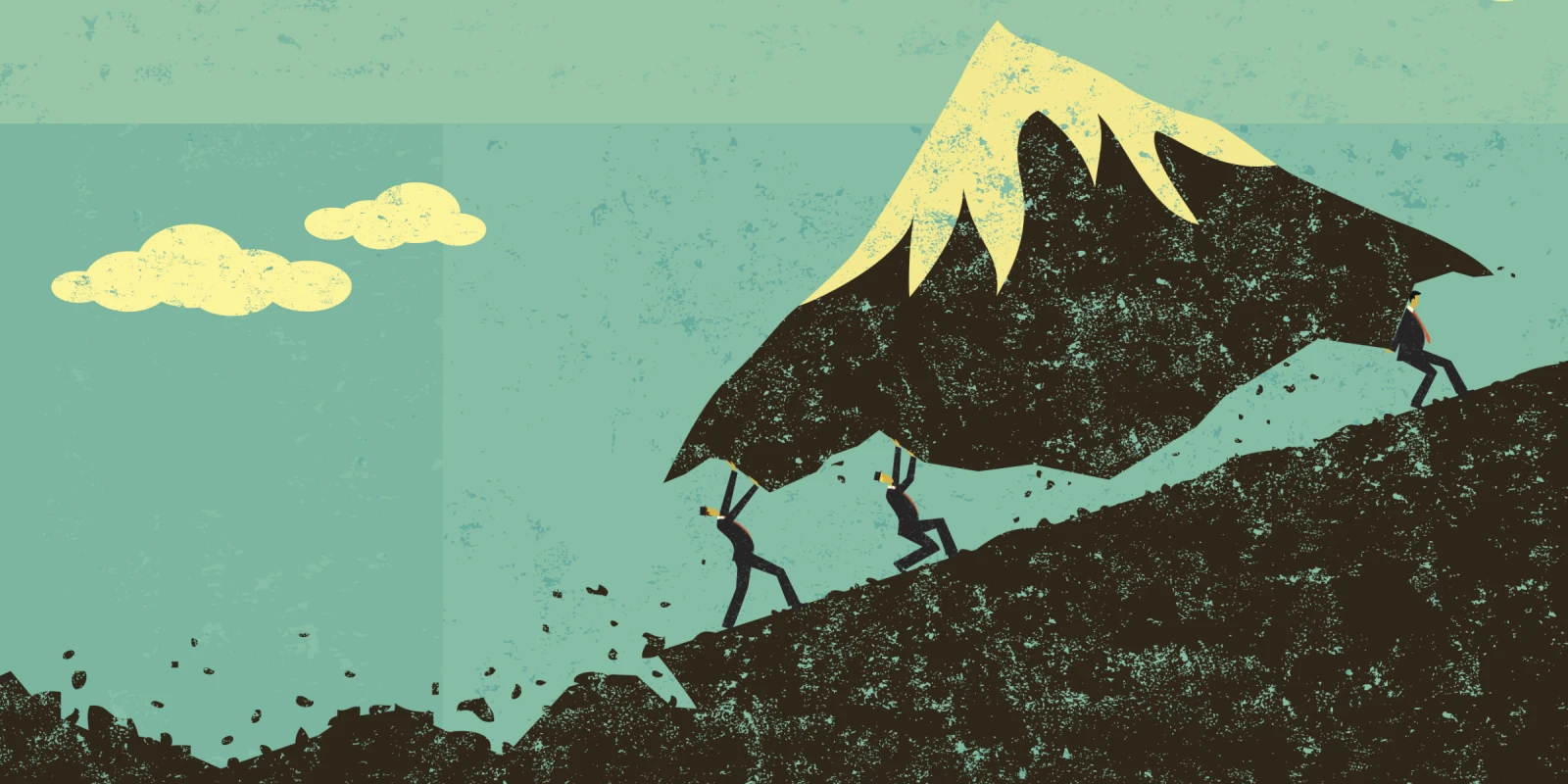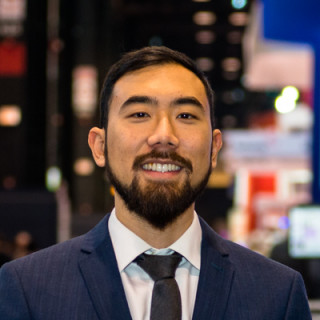It’s no secret that the breadth and scope of challenges facing primary care physicians, from administrative red tape to low professional fulfillment and burnout, have continued to expand in recent years. The COVID-19 pandemic has heightened many of these issues and is now forcing thousands of primary care offices to shutter their doors.
In an interview with Doximity, Zubin Damania, MD, commonly recognized by the alias ZDoggMD, addressed these concerns and further explored how the collective physician community can seize on changes spurred by the pandemic to develop a health care system that works for both doctor and patient.
Doximity: Where did the inspiration for your alter ego ZDoggMD originate? And what influence did your early experiences as an internist have in its creation?
Zubin Damania, MD: When I first took a hospitalist job at an academic medical center, it seemed to have all the aspects I found amazing about medicine: team-based care with a multispecialty group, teaching and mentorship, low case volumes, read-only EHR. It was a sort of team-based personalized care, where you have the tools and resources and autonomy to do your job, and that was really beautiful. But then there were changes over time: Epic went live; you were charting from home; residency work hour limits hit, so you were getting less and less camaraderie; there were productivity and measurement requirements and tons of training modules; and all those positives I saw before were disappearing.
By about year eight, I had a kind of early midlife crisis, and I thought, is this really what I worked so hard to do — to be a commodity in an assembly line of this mechanized measurement industrial complex, where we’re just clicking boxes like data entry clerks, where we’re devalued, and where administrators are running everything and we’re just there to make them money?
That was when I started making videos on YouTube with the alter ego ZDoggMD, almost as a kind of joke, to be an outlet for the creative side of my personality. Initially, I was trying to teach patients to stay healthy and reduce how often they went to the hospital. What I found later was that my videos were resonating with clinicians because of this shared phenomenon of pain throughout the community.
Dox: On numerous occasions, primary care physicians have spoken out on burnout-related issues straining the specialty. How might they consider approaching these issues at work and beyond?
ZD: As physicians, we feel we're under siege from all angles, victimized by administrators, insurance companies, government agencies, and sometimes even our own patients. This is all true to a degree, but I think at some point, we have to introspect a bit and focus on our own mindfulness. We can respond from a defensive, angry, or emotionally exhausted position, or we can develop a kind of anti-fragility that allows us to work together to actually get stronger from these adversities, overcome them, and live up to what we consider our calling, which involves this sort of sacred gift of being with people when they're at their most vulnerable. And I think it's going to take a collective awakening of our own consciousness to the idea that primary care is a relationship, not a transaction, before we see a real transformation of health care.
The problem with doctors is that we’re mostly self-selected — selected by our screening processes to be highly autonomous, competitive, and not always the nicest people. And that has hurt us in trying to seek change because at times we have trouble working together. We have trouble not belittling each other, and sometimes I'm guilty of it myself. And so we need to do a little hard introspection as a group and think about how we can be more mindful of the ways in which our actions can induce change in the world, especially when we work together.
Dox: Could you elaborate on the idea of primary care being relational rather than transactional work?
ZD: Physicians have the credibility and moral authority to build toward a repurposed and rehumanized medicine that gives us leadership, tools, and resources to work as part of a team in service of patients and each other, and then being paid well for that. In other words, you do well financially by doing good for patients. If we can achieve that, we’ll watch outcomes improve because we’ll be treating the real patient instead of some algorithm or data point.
In order to get there on a large-scale level, we’re going to need new technology, because our current generation EHR is onerous. It's absolutely the worst thing that's happened in medicine. We also need to come up with solutions for primary care payment outside of the fee-for-service model, whether it’s a capitated model with revenue share for good outcomes or a Medicare Advantage type model. And we have to work with other stakeholders, like insurance companies and the government, to figure out how to align everybody’s incentives.
Dox: What impact is the COVID-19 pandemic having on discussions of burnout and moral injury?
ZD: The pandemic is shining a massive Wood's lamp on how incredibly dysfunctional and unprepared our current system is at dealing with stressors. It’s highlighting the fragility of a system that morally injures us because we serve too many masters — the economic master, the health system master, the insurance master, the patient, our families, our conscience — and they're often at odds.
Then COVID-19 came and said, put your life at risk without PPE, shut down your practice because you can't pay your staff, and do all of this because that’s what you signed up for, right? And put your family at risk by bringing home the disease, and then watch the public not care and call it a hoax. That’s moral injury at its finest. And then we wonder why physicians are reporting that they're burning out.
There is a bright side, because now what we're seeing is people are responding. It turns out you don't have to see patients in person all the time, just so you can bill. People are discussing changing malpractice rules so that, during a pandemic, we’re not constantly afraid of getting sued when taking care of patients. Those kinds of efforts highlight what the future of medicine can be, but if we're not ready to build on this next iteration of medicine after the pandemic, then it was a huge waste.
Dox: The role of social media in health care seems to be growing every day. How is this shifting the landscape of public health and clinicians’ voice in society?
ZD: Of course I'm biased, but I think that social media — videos, podcasts, posts, or whatever your medium — offer a megaphone to clinicians in a way that we never had before. It used to be that you influenced people one-on-one in the clinic, but now you can use your voice to influence millions of people for positive outcomes.
What’s happening now is a few physician voices coming from the misinformation or conspiracy standpoint are weaponizing their outsized voices and platforms to influence the public. As it turns out, misinformation spreads about six times faster across social media than standard information because it's very seductive. So unless we stand up and counter that effort, they're going to win — and they are already winning. Well, what if physicians fought back by all together getting online, taking a stand, being public about what we know about the state of science, but also having debates when we disagree? On vaccine messaging for COVID-19, for example, it’s going to be crucial for us to take a stand and say, OK, once we see the final data on these vaccines, are we happy with it? If we are, we better stand up and say, I'm going to be the first in line to get this vaccine. And if there are questions about safety, then we need to be vocal about it and say, you know what, no, we're not comfortable with this.
Advocating for shared goals through social media platforms is one way we can do that. We know where medicine needs to go, we just don’t all agree about how to get there. There’s a lot of fear among some physicians, which is understandable, but we have to transcend that, we need to be brave and less fear-based. It was very scary for me to make the move to social media at first. But now it's scary for me to imagine if I hadn't. So you do have to take a little bit of a plunge and a risk in order to find that path.
Share your thoughts on ways to improve primary care medicine in the comment section below.
This interview was conducted by Abraham Kim, Clinical Content Editor.







